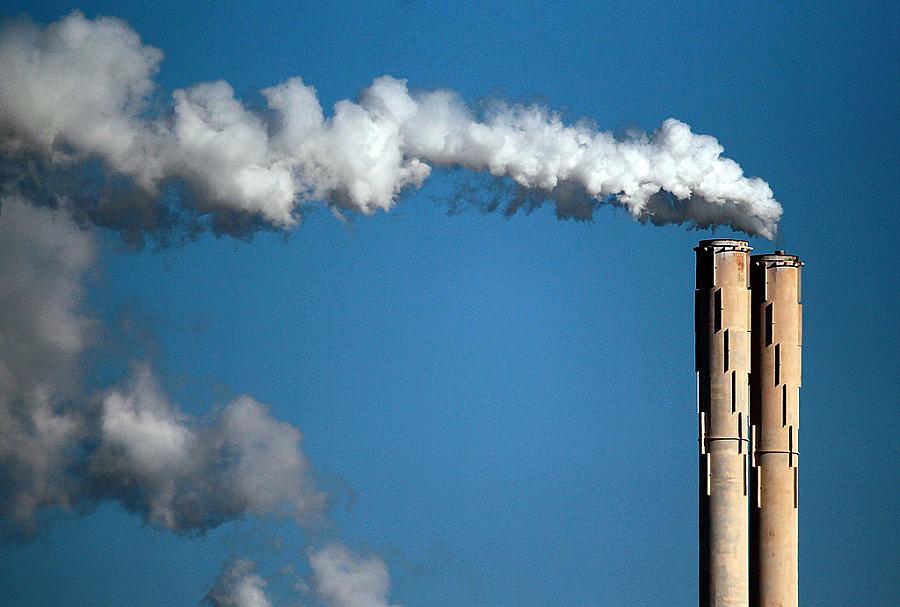Experts explain how pollution and stress besiege poor and minority communities

(Photo by Justin Sullivan/Getty Images)
There has been growing awareness in recent years that stress and pollution are not evenly distributed. They have their own geography, shaped by race and class.
Toxic, cumulative stress from factors like having a stressed parent, living in a violent neighborhood and discrimination increases the risk of developing health conditions like obesity, cardiovascular disease and diabetes and, in turn, early death. Exposure to pollutants can also lead to elevated disease risk and early mortality.
Both of these exposures are often more prevalent in places where racial minorities and low-income people reside, driving the types of health disparities that leave gaps in life expectancies of years, or even decades, from one neighborhood to another in America.
“The earliest life experiences may have a great impact later in life,” Dr. John Balmes, a pulmonologist at the University of California, San Francisco, and a professor of environmental health at UC Berkeley, recently told journalists participating in the 2020 National Fellowship. “Place matters. If you remember nothing else from my talk, place matters.”
That’s because people of color and those with low socioeconomic status are more likely to live in areas with high levels of pollution — in the air, water, even the jobs they work, he said. “They don’t put power plants in Beverly Hills,” Balmes said. “They don’t put railyards in Beverly Hills.”
Couple that with the fact that many of these individuals also have high levels of psychological stress that accompany poverty, and you have a recipe for increased chronic health conditions. Balmes noted that research has found that children had an increased risk of asthma related to air pollutants if they also had high parental stress or lived in violent neighborhoods. In addition, he pointed to unpublished research he’s working on that shows a link between the experience of discrimination and increased risk of asthma.
He said financial and political stress can also play a role in a person’s health outcomes.
“If we really want to make a difference in regards to public health and addressing health disparities, we have to have this larger social, ecological framework — not just focus on the biomedical model,” he said.
There are ways to blunt these negative influences, he said. For instance, adding more green space in industrialized areas can dampen some of the ill environmental effects by improving air quality, reducing noise pollution, and giving residents a safe, aesthetically pleasing place to be physically active.
The need for cleaner air has become even more pronounced during the coronavirus pandemic, Balmes noted, as preliminary research has found a link between exposure to air pollution and increased mortality from COVID-19.
UCSF psychologist Alexandra Crosswell told the 2020 fellows that there are techniques for mitigating the harmful effects of toxic stress as well.
“In popular culture, we know that smoking matters. We know that obesity matters. We know that physical activity matters,” she said. “There’s not enough emphasis on reducing the cumulative stressors that go on and disproportionately affect communities that are in poverty and in other ways disadvantaged.”
Some of the interventions can be comparatively straightforward, such as practicing meditation and doing deep breathing exercises or by finding a trusted, loving adult outside the home, such as a mentor at an organization like the Boys & Girls Club. But those don’t take the place of larger, societal changes designed to support families and lower stress.
Institutional and overt racism and discrimination, she said, can lead its victims to feel “that society has basically rejected them” and to operate at a “heightened stress level.”
“Your brain is wired to need social acceptance. Evolutionarily, your survival would depend on your clan accepting you. If you’re out in the wilderness by yourself, it’s really difficult to survive,” Crosswell said. “It is built into our brain system that we need to be loved, supported and cared for by people around us. When that basic fundamental need is being questioned, then that can trigger the stress response.”

